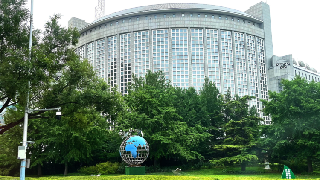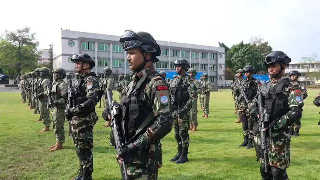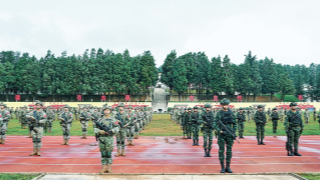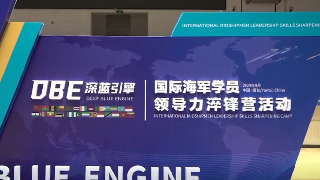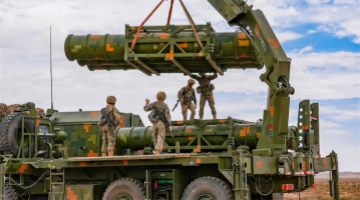BEIJING, Aug. 3?-- China's Supreme People's Procuratorate (SPP) recently released typical cases of military-related crimes for the first time, providing norms and guidelines for law enforcement work of judicial organs at various levels.
According to the SSP, it recently released several typical cases in which procuratorial organs punished the crimes of violating the lawful rights and interests of service members and their families, or endangering national defense interests, as well as some other cases concerning military judicial relief. The crimes concerned include pretending to be service members for deceptive purposes, obstructing service members from performing their duties, illegally trading military uniforms, endangering public security in dangerous means by negligence, and disrupting military marriage.
From January 2016 to June 2021, procuratorial organs nationwide have handled 148 cases of disrupting military marriage, involving 150 people, and 1,663 cases of endangering national defense interests, involving 2,653 people. Besides, 827 cases involved criminals pretending to be service members for deceptive purposes, involving 1,094 people; 362 cases involved the forgery, alternation, manufacturing and trading of documents, certificates and seals of armed forces, involving 698 people; 98 cases involved the destruction of weapons and equipment, military facilities and military communication, involving 165 people, and 220 cases involved the damage of weapons and equipment, military facilities and military communication by negligence, involving 360 people.
According to Miao Shengming, head of the No.1 Procuratorial Office of the SSP, given the special nature and strong policy orientation of military-related criminal cases and the wide range of crimes involved, the law enforcement and judicial organs at various levels often encounter difficulties in the application of the law, collection of evidence, and determination of crime when handling such cases. Releasing typical cases of this kind can provide demonstration, norms and guidance for those organs in handling similar cases and therefore promote the unified and correct application of the law.
?


